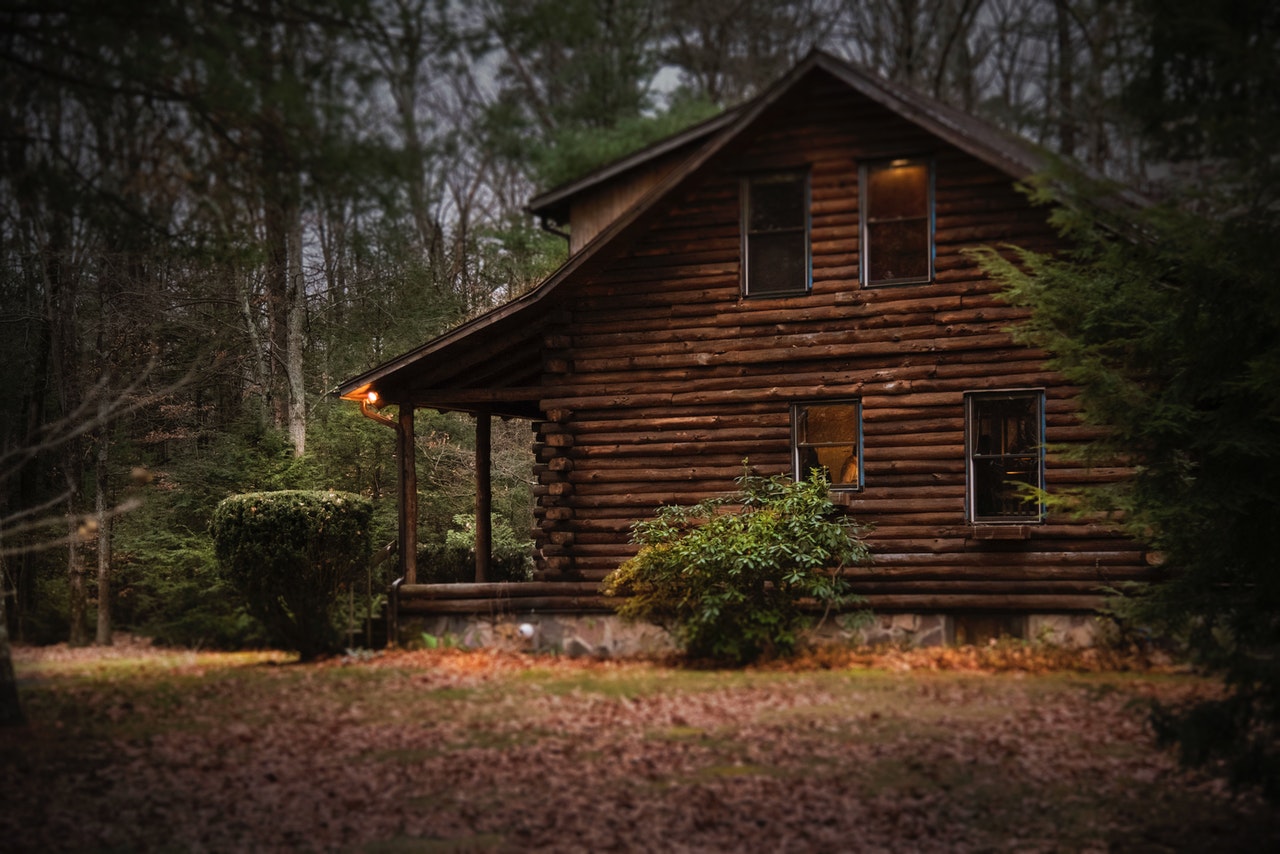A cabin in the woods is perfect for those days when you want to escape from the chaos of the world. It gives you a place where you can relax and be at peace. No one will disturb you: the only company that you will have are the trees, a river or a lake, and a couple of wild animals that happen to discover your hiding place.
However, building your log cabin in a remote location would not be easy, and maintaining it so it would remain livable even if you cannot spend all year in it would be a more challenging chore. Before you invest, here are a few things that you should keep in mind.
How Would You Manage the Cold
Traditional wood stoves seem perfect for a log cabin, but it poses a serious safety hazard. Instead, opt for other heating systems that will provide warmth during cold summer nights and chilly winter days.
A gas radiant heater is simple, effective, and sustainable. Since it radiates the heat directly to the people, objects, and surfaces within a room, no loss of energy occurs. The approach is more effective at keeping the residents warm and does not lead to exorbitant utility bills.
Many owners, however, opt for a regular space heater as an easy solution.
Heating could also be built into the cabin itself. The position of the window and the quality of the glass used would aid in maintaining a comfortable indoor temperature throughout the year.
Having windows facing the south allows the sunlight to shine into the interiors during the day, generating warmth. A large glass pane will allow more sunlight to enter the building. Meanwhile, a single pane glass has a high rate of heat gain but performs poorly when it comes to retaining heat.
It Will Be Damp a Lot of the Time
Log cabins are exactly what the name indicates: it is made of wood. Wood as a building material results in a few problems, especially when the structure is located somewhere cold and humid.
Wood does not mix well with moisture. If exposed to water, wood will warp. It also will become fodder to pests that eventually will destroy the structure.
Also, mold will grow and spread throughout the cabin, which is not only unsightly; it might also cause allergies and other respiratory conditions to grow worse.
There are a few things that can be done to reduce the humidity in a cabin. The first and most obvious solution would be to acquire a dehumidifier. These devices are specifically designed to remove excess moisture from the air.
However, a dehumidifier can cause the air to become too dry, which will also affect the wood negatively. If the humidity in a space falls too low, the wood would dry out and weaken. Eventually, you might see the wood splintering and splitting along the grain.
Also, low humidity can expose you to a higher level of allergens and disease-causing pathogens in the air.
Do not let the level of humidity drop to below 35%. Along with a humidifier, cabin owners should also get a humidity sensor to monitor.

The Water Nat Not Be Safe for Drinking
Getting clean drinking water straight out of the tap is not always a given. Depending on your cabin’s location, there might not be access to the municipal water source, or the water has been contaminated with either unwanted and hazardous substances or viruses and bacteria that may cause illnesses.
A well can solve the problem. It allows the cabin to be off-grid but still provides potable water for its residents. However, make sure to have it tested quality to ensure that no organic or inorganic matter seeps into it and be accidentally consumed.
Expensive Maintenance Cost
You might not plan to stay in your cabin for a year, but you also cannot leave it on its own. A cabin is actually pretty high maintenance. If you want it to remain livable, you have to check it regularly and spend a lot of money on upkeep, repairs, and replacements.
Depending on its location, your cabin will be exposed to environmental elements that a regular house does not often face. For example, a cabin near the beach may corrode quicker because of the high humidity and the presence of salt in the air. Beach-front cabins may also experience heavy rains and winds for a significant portion of the year.
A cabin is a great investment. It provides your family with a space whenever you want to get away from your regular or a passive source of income if you decide to allow tourists to rent the property. However, owners should be prepared for the demands of a cabin. Cabins need constant attention and care. If you cannot pour time, effort, and resources into your cabin, then you would only be wasting your money.







